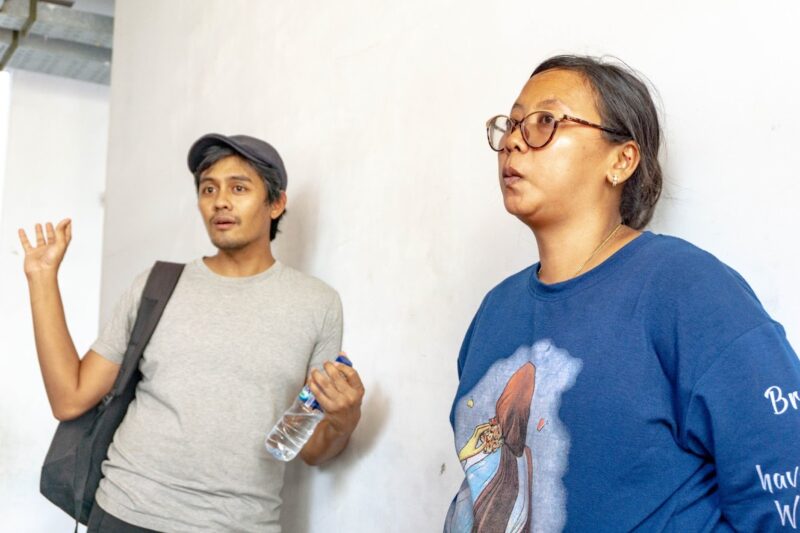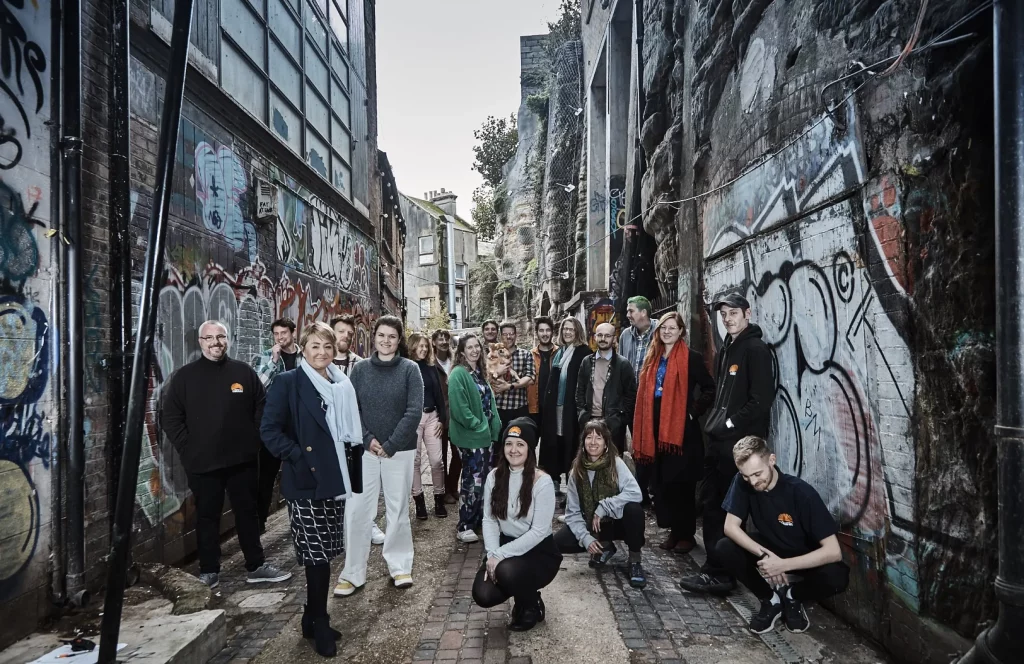Like many major cities across the world, Jakarta is home to numerous informal settlements, where thousands of low-income families have made their homes and set up businesses. The settlements, known as ‘kampungs’ in Indonesia, often occupy prime land with potential for commercial development. For decades, politicians portrayed the kampungs as a serious barrier to the creation of a modern, well-planned and clean Jakarta. This narrative proved popular with voters and meant kampung residents lived in fear of forced eviction.
In 2015, these fears became reality for more than 10,000 families who were forced to leave their homes. Flood management, road construction, urban planning and illegal land occupation were among the reasons the city government gave for the mass evictions, which were largely backed by the public.With the help of grassroots organisations, a group of kampung residents fought back. They set up a project called Housing Rights in Jakarta: Collective Action and Policy Advocacy calling for legal and political changes that would give them the right to stay in their neighbourhoods and improve their living conditions.
Through a mixture of community collaboration, political advocacy and network development, the project successfully stopped the evictions of 256 people in three riverbank kampungs, and helped 400 families, who had already been evicted, return to their neighbourhood to live in new apartments. Additionally, the project challenged negative public perceptions of informal settlements and achieved city-wide regulatory changes that now protect all kampung residents from forced evictions.
























